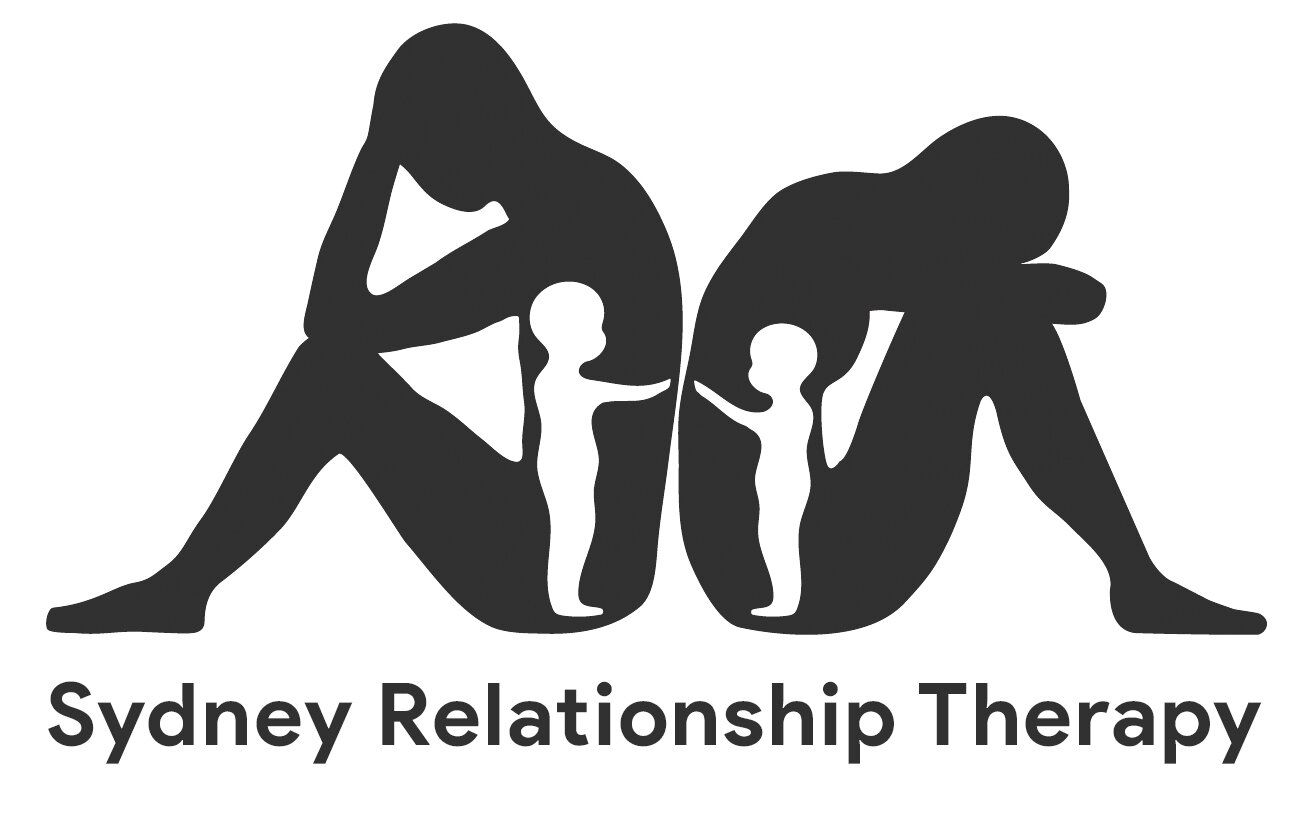
Family Therapy
Families often seek therapy when parents or caregivers have concerns about the behaviour or wellbeing of a child, or when the relationship between two people in the family has become so frayed that it is affecting the whole family. Difficulties may have descended into a battle of wills, behaviours may have become so disruptive that they dominate family interactions, or tensions and anxieties may have escalated to the point that constructive dialogue feels impossible. Often the decision to seek support is accompanied by a sense of urgency or crisis as family members feel at a loss about how to address the issues of concern.
It is my observation that by the time family therapy is considered as an option, there have often been attempts to send one or more individual family members off to therapy on their own. The hope is that a particular “problem person” within the family can be referred out to an external therapist, fixed of all their problems, and then reinserted as a happy and harmonious member of the family unit. Unfortunately, this approach usually doesn’t work. Difficulties arising from family relationships can rarely be overcome on an individual basis, because the patterns that are creating and maintaining distress are not isolated to a particular person, but exist in the way family members relate to one another.
I use an approach called Emotionally Focussed Family Therapy (EFFT). The purpose of EFFT is not to determine who’s right or wrong, or who is being reasonable and unreasonable. Rather, it is to help each family member to identify and communicate their underlying needs that are not currently being met within the family dynamic. Once a sense of trust and safety has been restored in family members’ ability to communicate with one another, more specific issues become much easier to tackle. Read more about EFT here.

